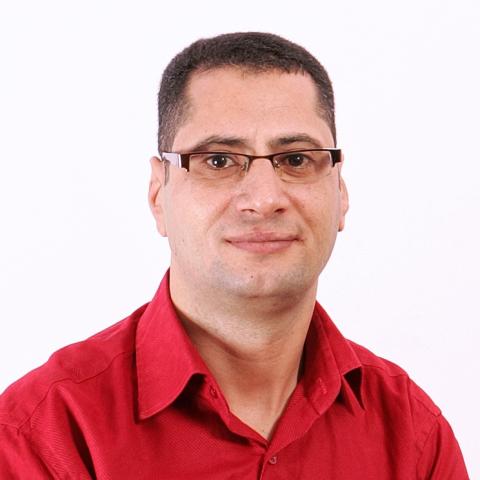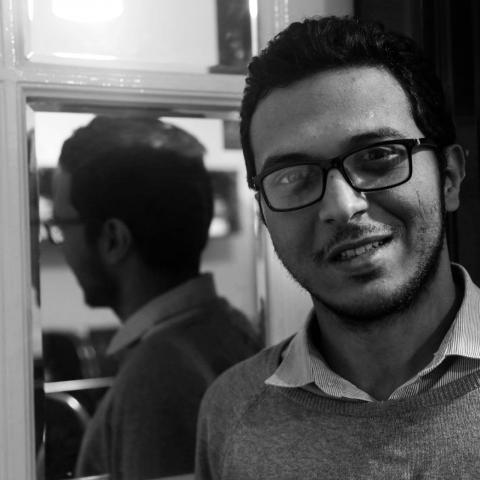Recently in a rare ruling, an Egyptian court, in a case brought by a Christian woman demanding the equal distribution of inheritance between herself and her male siblings, ruled that Christians should be subjected to their own inheritance norms instead of Islamic Law.
In recent years, the Egyptian regime has promoted a new “vision” of Islam, both locally and internationally, to combat terrorism and religious extremism.
Egypt’s 2016 Church Construction Law established what was, on its face, a streamlined process for the construction of churches, and also provided for a committee to formalize churches which had been built illegally. But Christians still face both official and social restrictions on building their houses of worship, as officials have been slow to issue permits (even to existing churches seeking recognition), security agencies have failed to protect churches and Coptic properties, and violence from neighbors has succeeded in keeping churches out of contested areas.
“Today, there is no freedom, especially the freedom of religion. The Ministry of Religious Endowments will not allow unlicensed preachers to give sermons at mosques. We are the sole competent authority to decide on this matter.” This was the answer of Muhammad Abdel Razeq, former undersecretary to the minister of religious endowments for mosque affairs, in response to a question about allowing Salafist clerics to deliver sermons at mosques.
The Coptic Orthodox Church celebrated the Coptic New Year, also known as All Martyrs Day, on September 11. Earlier this year, Coptic Orthodox Pope Tawadros II of Alexandria, accompanied by a number of bishops in a mournful procession at Cairo airport, received the relics of the Coptic martyrs beheaded by the Islamic State three years ago in Libya.
On 21 March 2018, the Dekheila Appellate Misdemeanor Court found the Egyptian subsidiary of the Greek-headquartered cement company guilty of violating the Environment Law as well as the Egyptian Penal Code, as a result of dangerous emissions released from the factory. The case of TITAN Cement Egypt is one of many cases where the hazardous effects of cement factories in Egypt have been compounded by their coal, in late 2014.
Over the past several months, there have been several benchmarks in the International Monetary Fund’s loan to Egypt. The IMF’s executive board approved the third $2 billion tranche of the loan at the end of June, bringing the total drawn funds since the signing of the loan agreement in November 2016 to $8 billion. In July, the IMF released its third review of the economic reform program, which, very much like the previous two reviews, was full of praise of the Egyptian authorities for the strong implementation of the economic reform program.
Instead of becoming captive to the global price of coal and its increasingly obsolete technologies, lethal health effects, and inevitable depletion, Egypt could more effectively achieve energy security by directing investments and efforts toward renewables, focusing on improving energy efficiency, and supporting decentralized networks and smart systems.
Nuclear energy differs substantially from all other energy sources in that it is a potential source of massive hazards. Regardless of current differences of opinion about the suitability of nuclear energy in Egypt—whether based on economic considerations, energy independence, or other considerations—there is no disagreement on the need for superior regulatory structures and capacities to ensure the safety of nuclear reactors.
Ramy Raoof (RR): The way (states) are using surveillance is to limit people’s ability to organise. And people organise through different means: it could be through mobile apps or websites, with different tools ranging from Facebook and WhatsApp to Signal and Telegram and other ways. And then the adversary deploys surveillance to monitor people – not to ban them, but to know what they are going to do and then disrupt this action in some way.









